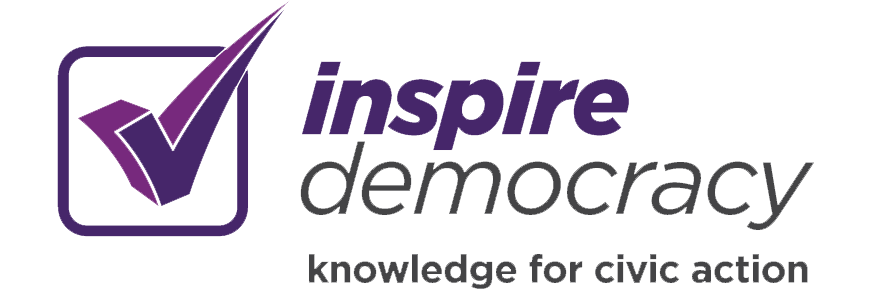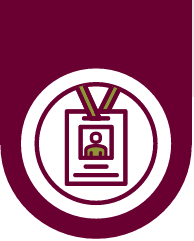

In this guide, you'll find information about the many jobs that Elections Canada needs to fill during an election period.
We hire and pay around 200,000 election workers during every federal general election to ensure that it runs smoothly and fairly.
There are many benefits to working at an election, such as getting paid, helping to support Canada's democracy and meeting people in your community.
Elections Canada aims to have all polling places and local Elections Canada offices reflect the diversity of Canada's communities. That means we are looking to hire more members of the following groups:
You are not required to work in the riding where you live. In other words, you can apply to work where you choose. Depending on the situation, we may ask you to work in a neighbouring riding where there are not enough workers.note 1
There are various paid positions available. Each job has its own roles and requirements, but they will all give you valuable experience, skills and networking opportunities, as well as a better understanding of how voting works.
Elections Canada also employs several hundred people at our headquarters in Gatineau, Quebec, and at our distribution centre in Ottawa, Ontario. For some office positions, remote work may be available. Check our website for job postings at our headquarters.
Your role is important and taking it seriously will make a difference in your community. Be part of a team that will ensure the best experience for voters. It's important to honour your commitment as an election worker and show up for your shifts: your community is counting on you!
To work at a federal election, you must:
When hired, you must sign a solemn declaration to make official your impartiality. While performing your duties, you must refrain from:
This strict impartiality and non-partisanship is key, since it strengthens electors' confidence in our electoral system.
Under the Canada Elections Act, certain people cannot be appointed as poll workers, including federal ministers and members of the House of Commons. For the full list, visit the Poll Workers Employment page on Elections Canada's website.
Working at a federal election is a great learning experience for students. It will allow you to witness democracy first-hand, understand how the electoral system works and contribute as an active citizen. You'll be able to build your resumé and get paid (even for your training). Work is available on weekends, so it won't interfere with your classes. Ask the returning officer in your riding about working at the advance polls.
Also, there are almost always extra jobs available on election night, counting the votes cast at advance polls and by special ballot or helping to collect and organize all the materials being brought back to the local Elections Canada office from the polls.
Every election worker who works at a polling place gets three hours of paid training—some is in person, and some may be virtual. You'll learn about the responsibilities of your job. For some positions, you can practice with actual election materials so you'll know exactly what you need to do. There will always be a team of people who are ready to help and support you.
Want to learn more about federal elections right now? Check out Elections Step by Step.
Return to footnote 1 During the hiring process, priority will be given to applicants who live in the riding where they wish to work.
Return to footnote 2 Some positions at local Elections Canada offices may not require Canadian citizenship.